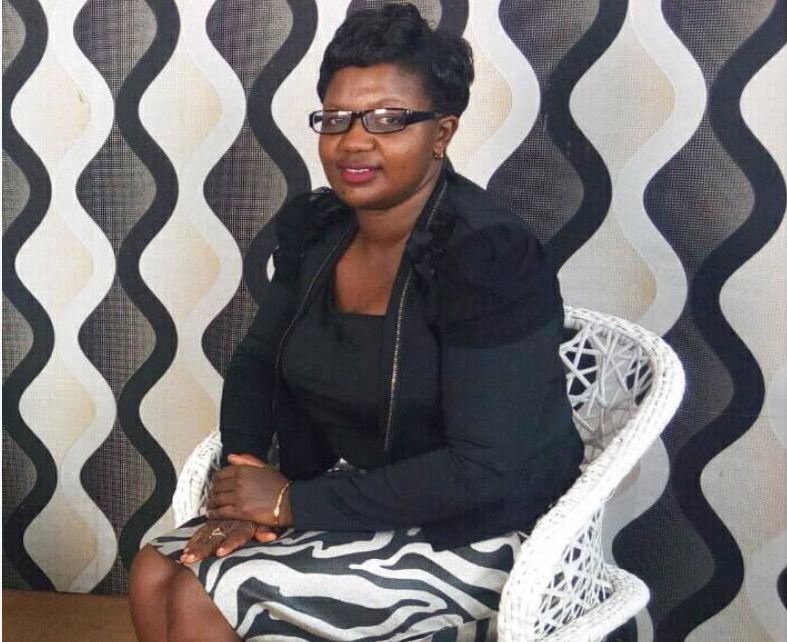×
The Standard e-Paper
Home To Bold Columnists
This year has been a wild ride for some, but for others, it was the year their lives changed dramatically for the better, thanks to other philanthropic souls. We speak to three of them.

I found love and happiness after losing 12 babies and two divorces